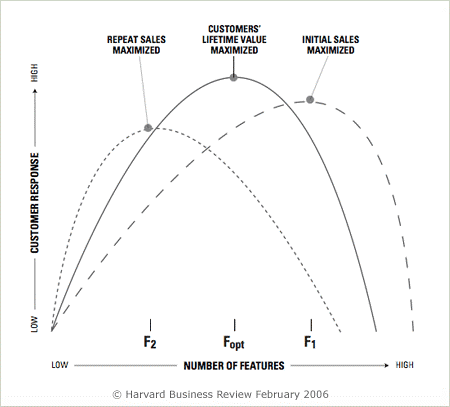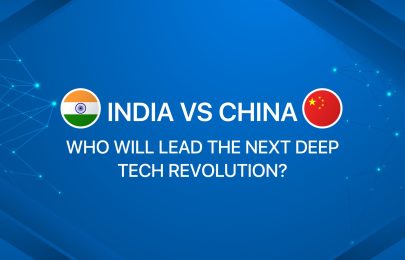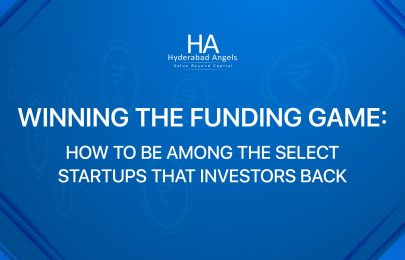A product or a solution is defined by its characteristics, benefits, attributes and features. Due to the technological advancements, it has become more feasible and convenient to build products with many features which individually might be perceived as useful. Some features are prerequisites while others are optional. Previous research has shown that consumers frequently choose products with too many features that they later find difficult to use. However excessive features often lead to complications, thereby, ruining the user experience. Thus, feature-heavy products or services might feel less valuable to customers. One of such examples is the heavily featured dashboards of the navigation system of cars, which are hardly used by the drivers/car users.

Product features are relevant only if they influence customer decisions

According to Debora Viana Thomson et. al., ‘Feature Fatigue, when product capabilities become too much of a good thing’, Journal of Marketing Research Vol. 11.2, American Marketing Association, Nov 2005, too many features can encourage initial purchase but damage satisfaction and reduce repurchase probabilities, leading to lower customer lifetime values (See. graph above). Keeping aside the low customer lifetime value, other consequences include cost and delays in the development of the products. Which may eventually lead to the destruction of the product or service.
On the other hand, features also play an important role in gaining a considerable advantage over the competitors. For example, over the past decade, station-based bike-sharing has been successfully introduced to many cities worldwide. However, the introduction of dockless & QR based unlocking have given the comfort to the users to drop the bike and end the ride anywhere, which is influencing customer’s decision making over the docked model. On the other hand, the IoT enablement is aiding in tracking the vehicle, therefore customers are more relaxed. Vogo, which started as a docked model, quickly realized that neither it was creating much sale nor users were using the bikes for short rides and soon moved into a dockless model. Startups such as Bounce and Vogo, which offer dockless bike rentals for last-mile connectivity are seeing high growth in total rides per day.
Hyderabad Angels look for startups who not only balance the product features but also influence the customer’s decision making.


